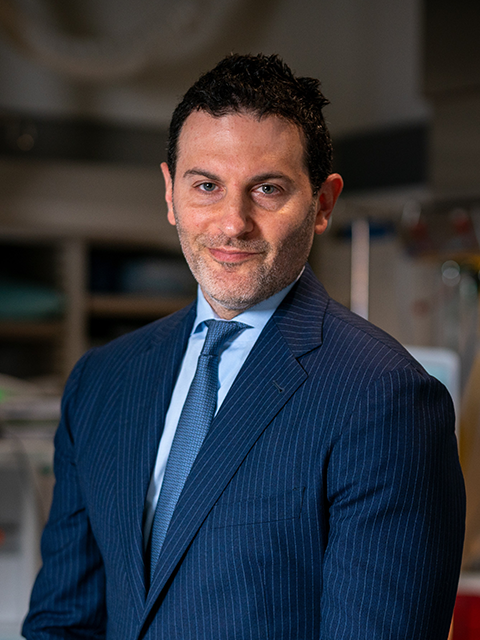
When beloved musician Billy Joel announced that he was canceling his upcoming concerts due to a diagnosis of normal pressure hydrocephalus (NPH), many fans were unfamiliar with the condition. His statement, shared via Instagram, noted that recent performances had exacerbated symptoms, including issues with hearing, vision, and balance—symptoms that ultimately led to the discovery of the neurological disorder.
To help us better understand NPH, Dr. Jared Knopman, director of cerebrovascular surgery and interventional neuroradiology at Weill Cornell Medicine and a neurosurgeon at NewYork-Presbyterian/Weill Cornell Medical Center, shared his expertise on the condition and its treatment.
“NPH is essentially when fluid builds up in the brain,” explained Dr. Knopman. “Our brains constantly produce and filter cerebrospinal fluid, which bathes the brain and spinal cord. When there’s a disruption in that system—typically in how the fluid is absorbed—it can begin to accumulate, leading to a variety of neurological symptoms.”

Dr. Jared Knopman
A Hard-to-Diagnose Condition
One of the challenges with NPH is that it often goes undiagnosed or is misdiagnosed as other neurodegenerative diseases like Alzheimer's or Parkinson’s.
“NPH presents with a classic triad of symptoms: cognitive decline, urinary incontinence, and gait disturbance,” said Dr. Knopman. “Patients may have one, two, or all three of these, and they can easily be mistaken for other age-related issues. That’s what makes the condition so difficult to recognize.”
Joel’s medical team was praised for catching the diagnosis early—a crucial factor in successful treatment and recovery.
Treatment and Recovery
The standard treatment for NPH is surgical. Patients typically undergo a procedure to place a ventriculoperitoneal (VP) shunt, which reroutes excess fluid from the brain to the abdomen, where the body can absorb it.
“The procedure is relatively quick—about an hour—and patients often only stay in the hospital for a day or two,” said Dr. Knopman. “The shunt includes a valve that can be adjusted over time to meet the patient’s needs.”
Recovery is gradual, with most patients experiencing improvements over several months as fluid pressure normalizes and symptoms subside. The prognosis is excellent in cases where NPH is diagnosed early and treated effectively.
“It’s one of the few causes of dementia that is potentially reversible,” Dr. Knopman emphasized. “While the shunt will likely be needed for life, patients often return to a high quality of life—including, in Joel’s case, potentially performing again.”
A Hopeful Outlook
Although any neurological diagnosis is serious, NPH stands out for its treatability when caught early. Billy Joel’s openness about his condition has helped raise awareness about this often-overlooked disorder, which affects thousands of older adults every year.
As Dr. Knopman concluded, “With timely diagnosis and proper treatment, most patients go on to live full, active lives. There’s every reason to believe we’ll see Billy Joel back on stage.”
For more information about neurological conditions like NPH and the latest treatments available, visit neurosurgery.weillcornell.org/condition/hydrocephalus
Watch Dr. Knopman's News Nation interview.